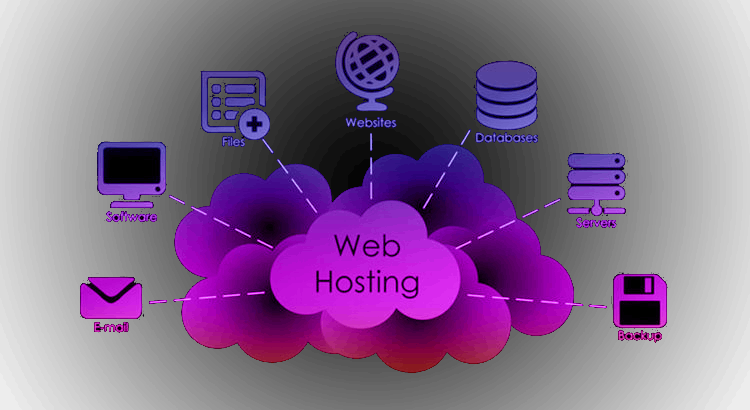
What Is Web Hosting?
Web hosting stores your site’s files on always‑on servers and makes them reachable on the internet. Think of it like renting space in a secure, professionally managed data center rather than relying on your personal computer. Without hosting, even the most beautiful website can’t be seen by visitors.
Quick take: Hosting is the difference between a blueprint and a finished home you can actually walk into.
Why Web Hosting Is So Important
1) Speed & Performance
Fast hosting helps pages load quickly, which improves user satisfaction and can boost search visibility. Quality providers optimize their stack—servers, caching, and networks—to keep your site snappy even during traffic spikes.
2) Uptime & Reliability
If your site is down, customers can’t reach you. Reputable hosts deliver strong uptime (often 99.9%+), redundant infrastructure, and monitoring—so your site stays available when it matters most.
3) Security & Backups
From malware to brute‑force attacks, every site faces risks. Good hosting adds layers of protection—firewalls, SSL certificates, automatic updates, and scheduled backups—so recovery is quick if something goes wrong.
4) Support & Tools
Helpful dashboards, one‑click installers (e.g., WordPress), email hosting, staging sites, and 24/7 support save time and let you focus on content and business growth instead of server management.
The Hidden Cost of Poor Hosting
Low‑quality hosting can lead to slow pages, instability, and downtime—damaging your reputation and costing real revenue. Visitors rarely wait or return after a frustrating experience. Reliable hosting is an investment in your brand’s trust.
Types of Hosting (and When to Use Each)
- Shared Hosting — Budget‑friendly; best for small sites and portfolios with modest traffic.
- VPS (Virtual Private Server) — More isolation and resources; great for growing businesses that need control and scalability.
- Dedicated Server — Maximum performance and customization for high‑traffic or resource‑intensive apps.
- Cloud Hosting — Elastic resources and high availability; ideal for sites with variable or unpredictable traffic.
- Green Hosting — Eco‑conscious providers using renewable energy and offsets to reduce environmental impact.
Not sure what to pick? Compare designer‑friendly and eco‑friendly options in my curated list of recommended freelance hosting providers.
Next Steps
Before you launch your next project, choose hosting that aligns with your goals. Prioritize speed, uptime, security, and support—then scale as your needs grow.
Frequently Asked Questions
Is hosting the same as a domain name?
No. Your domain is your address (e.g., alfredfox.com). Hosting is the server space where your site files live. You need both.
Can I switch hosts later?
Yes. Migrations are common. Many providers offer free or low‑cost migration tools to move your site with minimal downtime.
Do I need managed WordPress hosting?
If you run WordPress and want automatic updates, backups, and specialized support, managed plans can save time and reduce risk.






